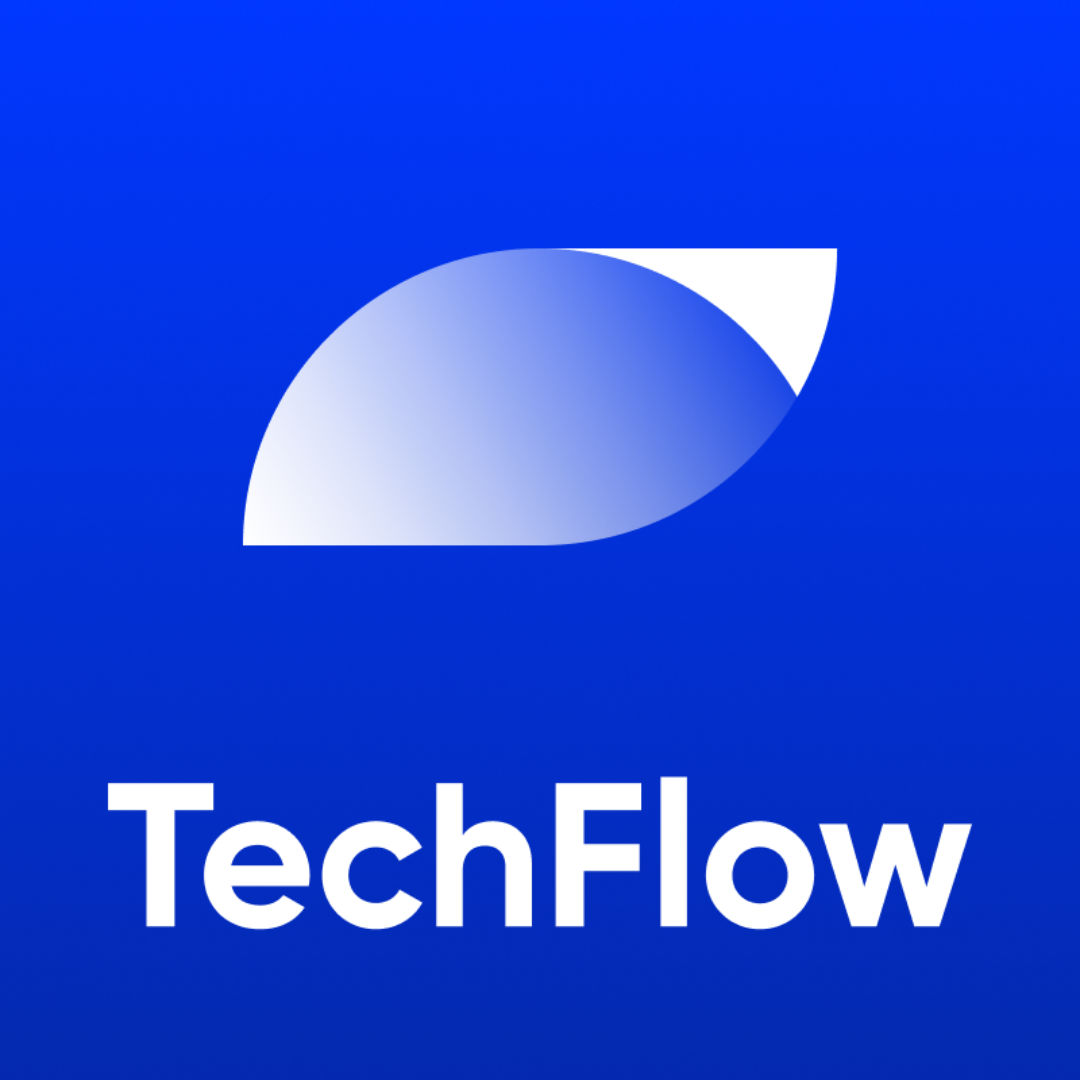Wall Street vs. Crypto: The Financial Lobbying War is Beginning in Washington
- 核心观点:华尔街团体阻挠共和党加密友好法案。
- 关键要素:
- 银行担忧存款流失至加密产品。
- 加密行业投入巨额竞选资金游说。
- 稳定币法案引发传统金融强烈反对。
- 市场影响:加剧传统金融与加密行业监管博弈。
- 时效性标注:中期影响。
Original Article by Jasper Goodman , Michael Stratford , and Declan Harty
Original translation: TechFlow
Powerful Wall Street groups are trying to block some Republican proposals aimed at promoting the crypto industry.

The massive campaign cash pouring by cryptocurrency executives into the 2024 election has profound implications for the banking industry. | Saul Loeb/AFP via Getty Images
The financial world is locked in a lobbying civil war in Washington.
The intensifying conflict between cryptocurrency companies and banks and other Wall Street firms over new digital asset rules being pushed by Republican leaders is expected to culminate when Congress reconvenes after its August recess.
With President Donald Trump’s return to the White House, the crypto industry has scored a series of lobbying victories, including the first legislative overhaul of digital asset regulations. Now, as Republicans in Congress prepare to pass a second, larger bill to boost the crypto market, Wall Street groups are starting to backpedal, warning that certain crypto-friendly reforms could disrupt their businesses and threaten financial stability.
Some banks worry that lenders could lose deposits as customers turn to less regulated cryptocurrency products.
But this fight isn't limited to Congress. It's also spilling over into the more obscure corners of financial policy. For example, banking groups are trying to block cryptocurrency companies from pursuing national banking charters. Meanwhile, cryptocurrency industry executives are lobbying the White House to maintain a ban on banks charging fees for access to customer data. Meanwhile, some traditional financial firms are warning Wall Street regulators that they are trying to make stock trading look more like cryptocurrencies.
“Change is always difficult, especially for people who have been successful and entrenched in the organization, and they’re always a little uneasy about dramatic change," said Dan Zinn, general counsel at OTC Markets, which operates the stock trading system. "This is definitely going to wake everyone up, both with some fear and some excitement.”
The clash highlights how the lobbying dynamics on financial policy issues have shifted dramatically in recent months as Washington has embraced the cryptocurrency industry. The right has embraced the crypto industry with enthusiasm, pouring hundreds of millions of dollars into Washington influence efforts in recent years, in some cases outweighing the interests of traditional financial firms, which generally align with much of the Republican Party's financial policy agenda.
The lobbying battle intensified this month when the banking industry association called on lawmakers to retroactively amend a crypto law Congress signed in July through forthcoming legislation, sparking a backlash from the crypto industry. (House Republicans are also pushing for retroactive amendments to the bill after opting to accept the Senate version.)
Bankers have long been skeptical of cryptocurrencies. Leading figures in the industry, including JPMorgan Chase & Co. CEO Jamie Dimon, have previously dismissed digital assets, and their Washington agenda has long been at odds with the goals of digital asset companies.
“This is a turf war that’s been going on for years, and frankly, we haven’t been able to get any regulatory clarity passed so far,” said Rep. Warren Davidson, an Ohio Republican who sits on the House Financial Services Committee and has been a longtime ally of the crypto industry.
But for months, the main trade association representing the banking industry has offered only tepid public criticism of the rapidly developing Republican legislation aimed at lending legitimacy to digital asset regulation.
They have become more vocal after Trump signed a major bill last month establishing new rules for so-called stablecoins, cryptocurrencies pegged to the value of the U.S. dollar. Groups like the American Bankers Association are now urging senators to amend stablecoin law when they consider a second, larger, cryptocurrency market structure bill next month. They want to block all crypto companies from paying earnings to customers holding stablecoins and repeal parts of the law they say allow state-chartered uninsured depository institutions to operate nationwide without proper oversight.
The concerns are particularly pronounced for smaller banks, which say they could suffer losses from clients withdrawing funds and storing them in crypto products such as stablecoins.
“It feels like there’s a move to replace us,” said Christopher Williston, president and CEO of the Independent Bankers Association of Texas, the only major banking group to publicly oppose the stablecoin bill.
Williston said the stablecoin bill, dubbed the “Genius Act,” “poses a fundamental threat to bank deposits” at small lenders. He added that the new bill would be like “the thousandth cut” for community banks “after 15 years of regulatory burdens imposed by reforms following the 2008 financial crisis.”
Cryptocurrency firms that have lobbied for stablecoin legislation for years insist the matter is resolved.
The Genius Act "is a settled law," said Summer Messinger, CEO of the Blockchain Association, a leading industry trade group. "It was vigorously debated in Congress, and this bill came out as a compromise among policymakers. So we really shouldn't try to go back and re-open this issue."
Paige Pidano Paridon, executive vice president of the Bank Policy Institute, which represents large banks, said the organization hopes to work with the crypto industry to develop "clear and fair rules."
She said: "This is not a battle between banks and cryptocurrencies, but a joint effort to develop rules that apply to everyone while protecting consumers and the financial system. The U.S. financial system is built on trust. When ordinary consumers cannot distinguish between safe and unsafe, risks increase and U.S. competitiveness is damaged."
At the U.S. Securities and Exchange Commission (SEC), traditional financial institutions have been urging Wall Street regulators to proceed with caution as the agency considers requests from the cryptocurrency industry to tokenize U.S. equities, meaning putting such assets on the same blockchain as cryptocurrencies like Bitcoin and Ether.
Supporters argue that tokenization will help speed up and reduce costs of stock trading globally. However, organizations like the Securities Industry and Financial Markets Association and Citadel Securities, the trading giant owned by Republican mega-donor Ken Griffin, argue that tokenized stocks should be subject to the same rules as the thousands of traditional stocks currently traded. Lobbyists expect the tokenization debate to play a role in the upcoming congressional debate on a market structure bill that would divide cryptocurrency regulation between market regulators. Senate Republicans have vowed to pass the bill this fall.
To be sure, the banking industry’s influence in Washington remains undiminished, with big bank CEOs still winning Oval Office meetings and lenders benefiting from the Republican Party’s sweeping deregulatory agenda. Some in traditional finance are also beginning to warm to the prospects of cryptocurrencies.
But at the same time, the banking industry is grappling with a political landscape shaped by the massive campaign cash poured by cryptocurrency executives in the last election — and renewed hopes for the upcoming midterms. Cryptocurrency is a top policy priority for the White House and Trump, whose family has invested in several cryptocurrency businesses.
Those dynamics make the industry a powerful force. At the Consumer Financial Protection Bureau, cryptocurrency industry executives successfully lobbied the Trump administration to abandon its efforts to work with big banks to repeal Biden-era “open banking” rules governing the sharing of consumer data.
The policy prohibits banks from charging for access to this data, which fintech and cryptocurrency companies use to support their services and facilitate account opening and money transfers. The Consumer Financial Protection Bureau (CFPB) is now reconsidering the rule, rather than repealing it outright, after cryptocurrency executives and fintech companies joined forces to intervene.
“Banks are still respected,” Davidson said, adding that Republicans have worked with the industry to roll back some regulations that were put in place after 2008. “But frankly, banks do receive other benefits that in many ways protect them from the market.”



